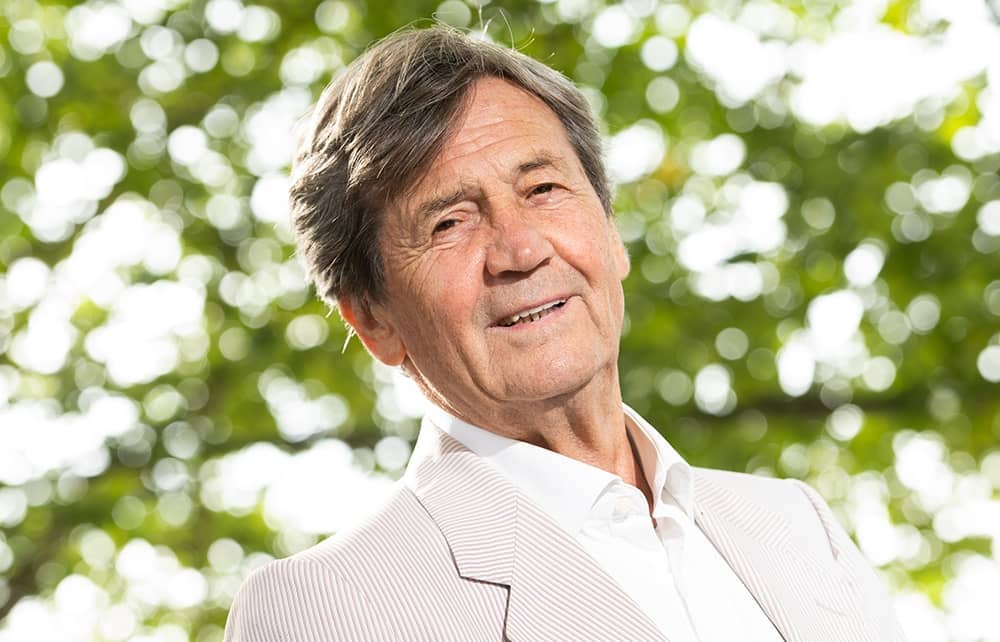In 1977, when I set up the South Bank Show for ITV, I wanted Paul McCartney to be on the first programme. His unique talent apart, I thought he would be the key to unlocking one of my chief aims in the new programme, which was to disrupt the accepted order of play in which classical music, ballet and opera were at the top of the pyramid while down at the bottom was pop music. McCartney took some netting, but he came on and we met at Abbey Road Studios at about midnight and the programme was launched. Not without criticism: the Daily Telegraph critic wrote that as far as arts programmes were concerned, it drew the line at Lennon/McCartney. Those were the days. Clive James saw what the programme was trying to do and backed it and that was vital. Forty-five years on, pop music is now well dug in as one of the major creative springs in the arts and, at 80 years old, even more impossibly handsome, relentlessly prolific and immovably grounded, McCartney still seems to be a ruler in that world. His lyrics now run alongside contemporary poetry, his music is orchestrated, but above all the songs go on and so does he. Who would have thought that an 80-year-old would dominate festivals and television as he has done these past few weeks? What happened to 64?
Hunter Davies, author of 103 books, wrote the first full biography of the Beatles in the 1960s. His most recent book is on Hampstead Heath, that postage-stamp Lake District that is a unique, complex open space in a world city. Hunter points out in his book that again and again this (for a city) vast heathland has been saved by obstinate and far-sighted individuals who are prepared to be awkward.








Comments
Join the debate for just £1 a month
Be part of the conversation with other Spectator readers by getting your first three months for £3.
UNLOCK ACCESS Just £1 a monthAlready a subscriber? Log in